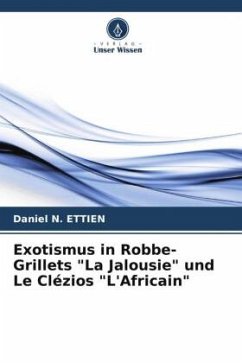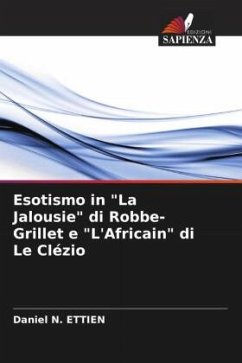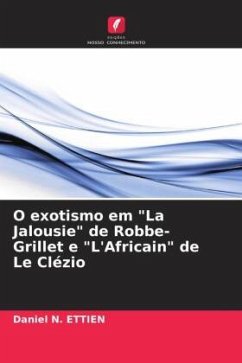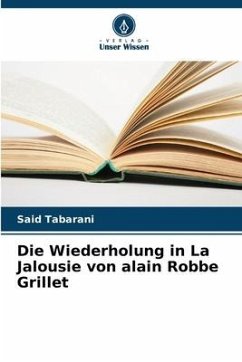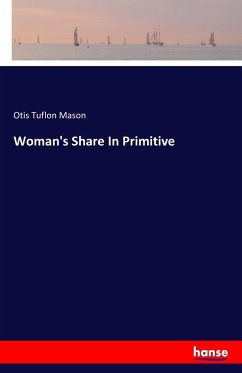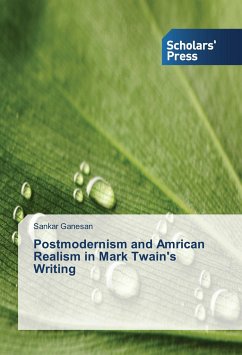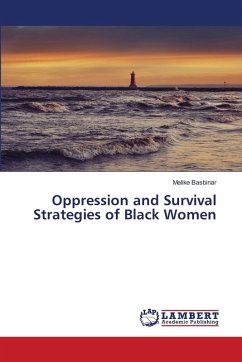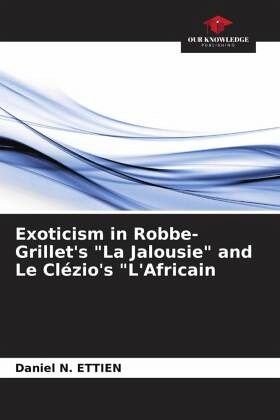
Exoticism in Robbe-Grillet's "La Jalousie" and Le Clézio's "L'Africain
Versandkostenfrei!
Versandfertig in 6-10 Tagen
40,99 €
inkl. MwSt.

PAYBACK Punkte
20 °P sammeln!
Exotic literature is that developed in Europe from 1866 onwards, which evokes the customs, inhabitants or landscapes of faraway lands. The aim of exotic narrative is to change contexts in order to build up the strangeness that stigmatizes. A reading of the texts in the corpus gives the impression that they are part of the exotic credo. The present analysis attempts to order the mass of characteristics and interpretations of exoticism. It is based on a lexicographical study of the setting of the stories, an examination of the linguistic means and the sociological presentation of the peoples vis...
Exotic literature is that developed in Europe from 1866 onwards, which evokes the customs, inhabitants or landscapes of faraway lands. The aim of exotic narrative is to change contexts in order to build up the strangeness that stigmatizes. A reading of the texts in the corpus gives the impression that they are part of the exotic credo. The present analysis attempts to order the mass of characteristics and interpretations of exoticism. It is based on a lexicographical study of the setting of the stories, an examination of the linguistic means and the sociological presentation of the peoples visited, all stereotypes which, from an ideological point of view, inspire a negative feeling in the viewer. In fact, the scenes of action are colonies, known as "distant lands" in relation to the Western metropolis. These are Africa, the West Indies and India: supposedly austere, inhospitable areas inhabited by barbaric, primitive, backward people. Exoticism therefore depends on the quality ofour view of the object in question.




